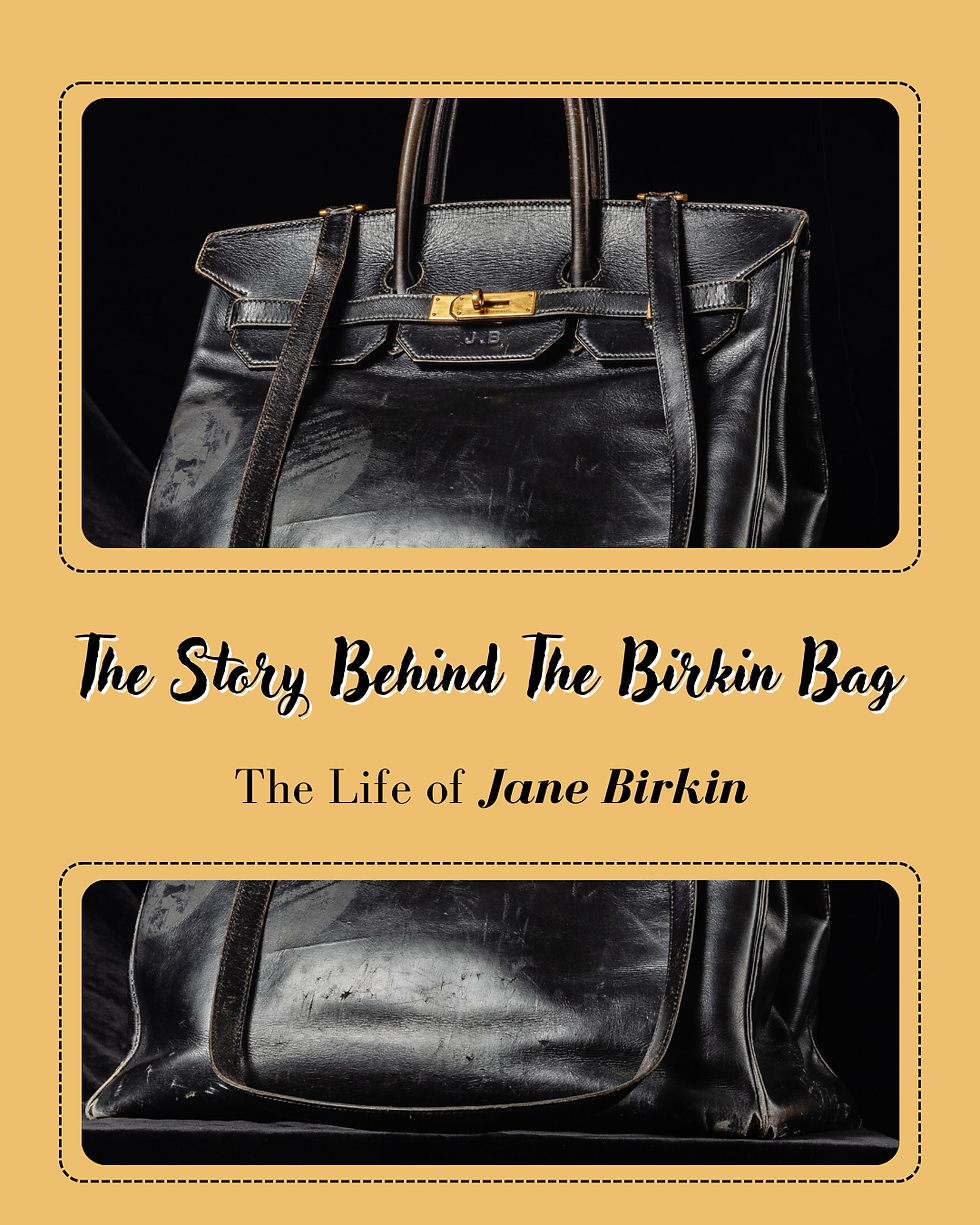Am I In My Fleabag Era?
- Natalia Madrigal
- Apr 22, 2022
- 2 min read
Updated: Mar 22, 2023
Everyone at this point is on the same page that the aesthetic zeitgeist is evolving — that we’re leaving the period of the proto-girl ideal of femininity behind and that the emerging womanhood flavor of the month will be the scruffy messy indie girl. As a result, I’ve been seeing many phrases like “I’m in my fleabag era!” and others of a similar nature spreading around in response to the new trend. Terms like that indicate a want to wallow in sadness, stay in unhealthy relationships, significantly alter looks to feel pretty, or put a man’s aspirations ahead of their own. At this point, everyone is in their fleabag era — basking in sorrow and posting about it to seem like someone who’s misunderstood with a little touch of mystique. And just like that, sleeping in our makeup is cool, being suicidally depressed is glamorous, eating disorders are Paris Hilton-esque and damaging our lungs is Lana Del Rey-core.
Because young women are conditioned to believe that their identities are defined almost entirely by their neuroses, these roundups of societal influences and writers of the moment often serve to subtly signal one’s mental illnesses to the public.
Our proclivity for inflicting pain on ourselves and identifying as a Type of Girl is troubling, and it’s only exacerbated by internet fads that romanticize pursuing vengeance for amusement and possessing an inherent predisposition for agony. We forget that Phoebe Waller-Bridge and Sally Rooney’s heroines aren’t role models; they’re complex, often unlikable, women who were created to bring depth to the media’s previously one-dimensional representation of women. They shouldn’t be seen as advocates for appropriate coping strategies.

Consumption aesthetics have thus become a channel for making the self more easily palatable. Whether or not you read Eve Babitz, smoke Marlboro Reds and are a self-proclaimed fleabag has nothing to do with whether or not you really indulge in these actions, but whether or not you want to be seen as someone who does.
I’m the first to admit that I’ve stated that I’m in my Amy Dunne era (lol) because if I digest a piece of media with vaguely feminist undertones and convince everyone that I also display certain traits and behaviors of Amy Dunne, maybe I’ll become her. Maybe it’ll become an actualization. And, just as I comfort myself in that, I am driven to this material because of some innate sense of individuality, I wonder whether it’s actually the edifice of my identity. What kind of person would I be if I didn’t consume anything? What would there be left to feel if that was the case? We’re constantly consuming so much all the time that we must take a step back and reflect on what we’d be like if we didn’t identify ourselves as something profitable.
As much as it doesn’t sound like it, we women can break free from our “Fleabag era” of destruction and passivity by following Fleabag’s, and most of these women’s, development as a character. I encourage us to examine the implications of identifying as a self-proclaimed fleabag, or someone of a similar identity, and romanticizing it in a way that allows media producers to prey off our incessant craving for individuality and perpetuates the misogynistic “femme fatale” archetype.






Comments